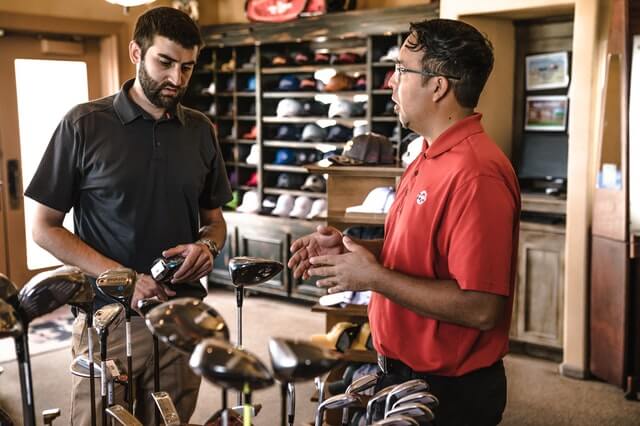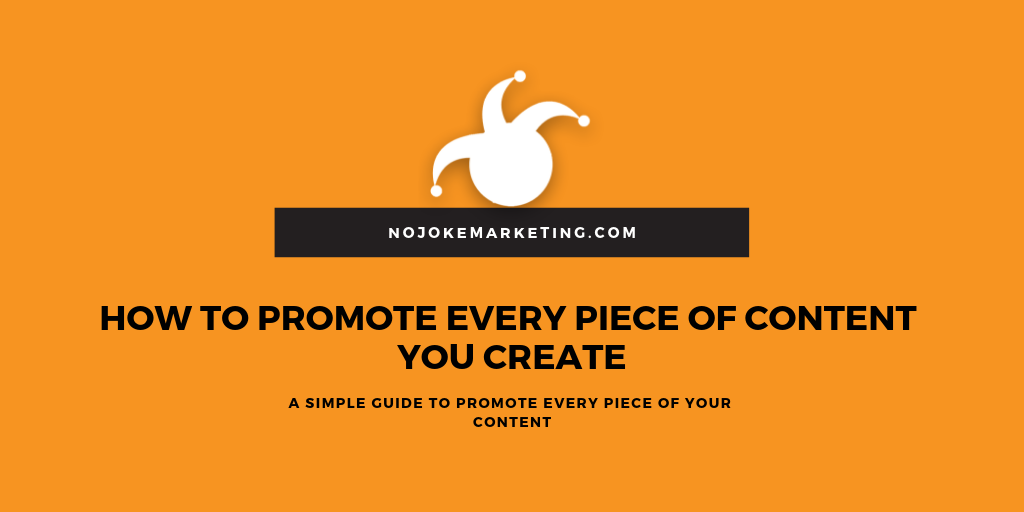Today’s topic is all about generating local PR.
With everything that’s going on at this moment in time, what I’m finding is that local journalists and local media are clamoring for new stories. There’s only so many times you can continue to write about the pandemic, COVID, hospitals, and essential workers. That’s all fine and dandy, but I would hope to believe that we’re kind of getting closer to the tail end of things so that the amount of stories really is not going to continue to be as high around all of that stuff, for lack of a better phrase. So, that opens up some really interesting opportunities for local businesses.
I want to give you kind of a play by play of how you can start to generate some local media. And the whole point of local media is to generate more attention and more exposure for your business which results in more revenue.
That local press also gives you fodder that you can share with your clients, prospects, or your customers. It gives you stuff that you can put on your social media to say, “Hey, we’ve been featured in XYZ newspaper or XYZ radio station”. It gives you fodder to leverage to attract better and better team members and employees to remember to say, “here are all the different places that we’ve been featured”.
The other thing that it does, it’s kind of this byproduct effect is that it allows people that already frequent your business to start to brag about you. That whole thing of everyone wants to say, “Oh, that’s where I shop”, or “that’s where I get XYZ done”, “that’s my landscaper” or “that’s my childcare center where I send my kids”. That center, that business, that landscaper, or that restaurant was just featured on the news.
It’s one of those byproducts that allows your customers to help continue to give you some additional exposure.
Here are the ways that you can start to move the needle on generating local PR.
The best place to start is actually to go to Google and type in any kind of topic that you feel you could be knowledgeable about.
What are some of the topics that you could add some value to that you could speak on or that you could write about that you could be interviewed about?
If you’re a restaurant, could you talk about how you’ve adapted to the changing environment? Could you talk about retaining good employees? Could you talk about organic food? Could you talk about “meat shortage”? Could you talk about what people are ordering during the pandemic?
If you’re a landscaper what kind of information could you provide that would be educational? People are hearing all about this crazy, killer bees. Could you talk about that, for example, and how maintaining your lawn kind of keeps some of the mosquitoes and the bugs away? You kind of get the picture—you want to look at what are the different areas that you could add some value to.
What you’re going to do then is you’re just going to go to Google and you’re going to do these general searches.
Let’s stick with the restaurant example. You might type in organic food, restaurants, takeout delivery—basically, you’re going to do all these different search keywords. Then what I want you to do is to click on the section that says “news”. And you’re going to start to find all the different news stories that have that keyword mentioned in order—typically by date. You can start to look at what are some of the different places that are talking about that particular story. And on all these stories, they’re going to have someone’s name. From there, you’re going to reach out to them with some kind of a pitch.
Now, if you’re going to try and do a lot of PR, you’re going to make this more of your marketing strategy—your advertising strategy. You’d want to make sure that you’re putting enough time and effort into drafting a really robust pitch. At some local media and things like that, I mean, you could do somewhat of a general pitch of, “Hey, I’m a local restaurant. I saw that you just wrote about this topic. I would love to shed some light on that topic. I could be interviewed and could contribute some written content. Please let me know if you’d like to chat.”
Then what I want you to do and here’s the key to this—rather than just sending the one email and then keeping your fingers crossed and practicing this whole kind of “hope marketing”, I’d like you to either, not necessarily friend them on social media, but start to comment on their stuff. Comment on some of their Instagram or Facebook posts, share their content on LinkedIn—start to show some love and some attention to what they’re doing. Because what you’ll notice then is that rate to their cell phones, when they go on to look at things, they’re gonna see that you shared their content and/or articles and you commented. And if you do this enough in a non-spammy way, you’re gonna get noticed.
That will start to lead to, at the very least more responses from these different people—it’s as simple as that. Leveraging Google—looking for some stories that you think you could add some value to and reaching out to the person on the story. Nowadays, it’s very easy to find people’s email addresses, and things like that—hunter.io, for example, is a tool. It’s very, very easy to find email addresses of people in the local media.
And I then just want you to shoot them an email and pitch them with something that’s creative and a little bit different. From there, again, go on and comment on some of their other articles and share their stuff and do that so you can get noticed.
That is the whole goal here. We’re aiming to get you noticed so that they start to put two and two together. They’ll eventually reach back to you and tell you they’d want to hear more. But, what you want to do is you want to give them seven to 10 days to respond. If they don’t get back by then back, you want to hit them up once more. If you don’t hear back, hit them up a third time—I typically use the rule of three. But in between, again, I’m sharing their content, liking their stuff, commenting on their posts, and asking questions. I’m trying to stay on their radar.
To put, that’s not overly challenging when you’re looking at a local market. As you start to get some yes’s to your content, whether that’s coming on a TV show or a TV station, a radio interview, adding content to blogs, Instagrams, Facebook Lives, or podcasts, you want to broaden up your reach to look at what are the different places that would make sense for you to appear. It’s not always just the top one or two TV stations. I could be again, the local radio, some of the local newspapers, local magazines, or podcasts that are about the area.
Look through some of the old episodes on the podcasts from the local community and see what it makes sense for you to come on and do a segment.
This is all about building up your authority by generating more local press and right now they’re starving for good and unique stories—they’re starving for this. The media needs you. So get out, make a change, and take some action.









